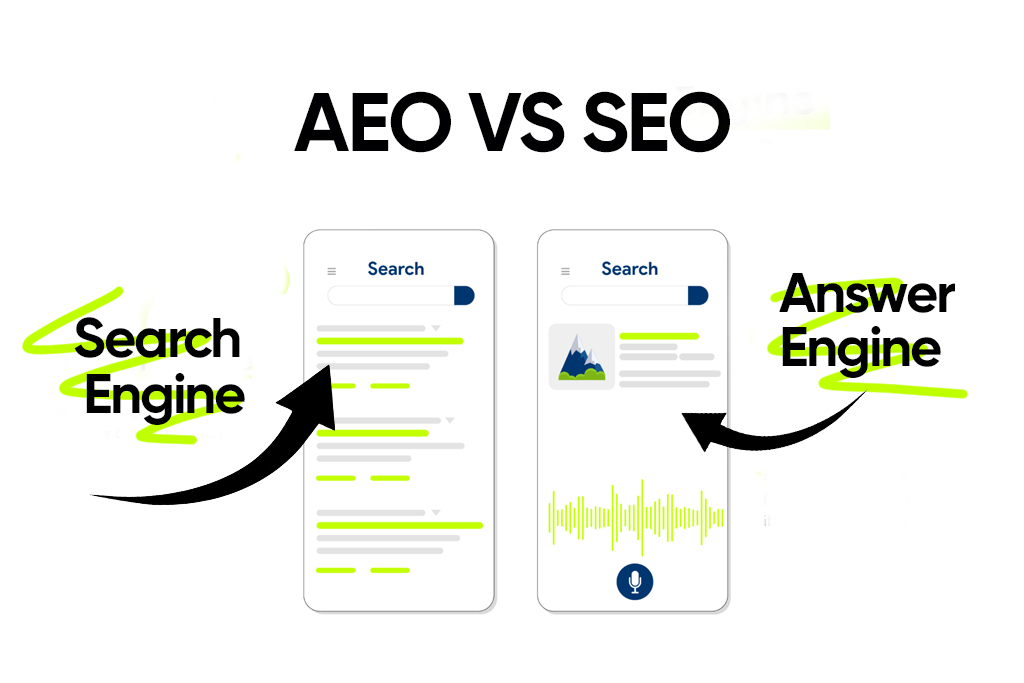Artificial intelligence (AI) is a fact that is quickly changing the social media marketing landscape; it is no longer a sci-fi idea. AI provides a plethora of chances to improve company strategy and propel success, from automating content generation to transforming customer engagement. Marketers must carefully negotiate the pitfalls that come with these opportunities, though.
AI gives marketers great tools to increase brand awareness in Oman, where these trends are rapidly changing. We’ll go into greater detail about how AI is changing social media marketing in this post, as well as the implications for the sector going forward.
Obstacles in Social Media Marketing with Ai
-
Ethical Dilemmas:
As AI gets integrated into social media marketing, there are ethical issues that arise principally because of the requirement for massive volumes of data to train and optimize AI systems. Broad and systematic collection and use of personal data is coming under greater scrutiny and consumers are being educated about how their data is used. Countries such as Oman and its capital Muscat are starting to see the general data protection regulation which is a strict law that outlines how organizations should collect, store and use data.
With these complicated provisions in place, the marketers strive to ensure compliance of their AI driven projects by these provisions. This requires that the users’ permission is obtained prior to collection of their information, data use is disclosed, and option to withdraw is provided. Non compliance of these rules can lead to fines that are monetary in nature and also loss of a brand’s image. Marketers need to ensure that such AI systems do not favour or disfavor specific user categories in general and do not reinforce biases in particular.
-
Preserving Dissonance
Empaths assert that while AI has the potential to improve productivity, the consequences of an overwhelmingly automated approach to social media use makes these tools risk losing any semblance of authenticity, which is somewhere in the middle of Trust. A customer’s relationship with a brand and any type of interaction wherein trust or connection does not exist for whatever reason would quickly make the brand untrustworthy.
If for instance, a chatbot is programmed in a fashion that either misunderstands the question or gives a standard response, it does more harm than good to the customer.
The people are more inclined to have a customized or one on one engagement with the brand they are interested in and that is especially so in deep cultural centers such as Oman. An overexposure to AI content may result in people losing their warmth and in turn potential clients.
To overcome this hurdle, businesses should strive to find a compromise between the employment of machines and human agents. This could be alongside a strategic and structured determination on what interactions should be dealt with AI and what should remain human.
Also, keeping in mind which type of content is appropriate for a particular brand is crucial as well as developing creativity with AI. Even though some brands are trying to develop human AI tools with emotional intelligence, it is still at an early stage of development.
-
Overall Financial Cost And Technical Aspects
For small or medium-sized businesses, applying new AI-based technology such as recent trends in Social Media Analytics Muscat might be a Herculean task. A high initial investment in AI tools, software, and infrastructure usually poses a barrier. In addition, implementation of AI in existing solutions generally necessitates additional professional services, which also makes integration of AI expensive.
Services incorporating AI technologies are challenging. First, many companies are unfamiliar with AI technologies, so adapting to them tends to be difficult. Secondly, for companies that are just beginning to use AI, mastering the technology incurs a payment.
Mr. Narodet sky points out that there is a difference between basic software and multi-functional software. Multi-functional software tools need constant investments in maintenance and users need to be constantly trained to handle the latest bugs and upgrade issues. Moreover, with continuous evolution of AI technologies, trying to keep up remains not only time-consuming but expensive too.
But if businesses can pass through these problems, the returns from using AI in the long run, for example in terms of efficiency of operations, understanding customers and marketing the business, can be more than the investment made.
-
Overcoming Business Challenges
Another major hurdle for brand marketing professionals seeking expansion of the Brand Awareness in Oman is the rapid development of the AI marketing technology.
New tools, algorithms and platforms are being invented constantly and keeping pace with these changes requires one to learn new techniques and adjust frequently.
How can I say branding and marketing won’t be affected by advancements in AI technology, considering the advancements in AI-driven analytics or shifts in social media algorithms. Marketers need to swiftly reorient their strategy.
Now due to AI technology being more prominent, the competitive landscape alongside the Omani Brand Awareness will also shift. Brands that are fast to integrate AI into their marketing strategies will have the edge while those that lag behind will find it harder to compete. In such scenarios, marketers must emphasize creativity with prioritizing the undertaking of new technologies that lead to innovative results.
-
Misinformation and Deep fakes:
Misinformation is a major concern, and AI has a role to play in curbing it. It is, unfortunately, used to create extremely realistic deep fakes to misinform and misguide the masses: the users. The responsibility to ensure that the dangers that accompany these are well contained is a moral one, as rampant misinformation severely undermines and diminishes faith in these social platforms.
-
Transparency in Algorithmic Decisions: a puzzling topic of AI utilization
Ultimately, AI bias and AI stereotypes are underlying issues that stem from flawed engineering such as invisible warehouse walls. The social media users and organizations are the beneficiaries of AI endorsed recommendation engines through the ability to Ready content without scrolling, however, there are deficiencies, the vast inferential idea space that every user can simply engage in is diminished – That has implications on independence and informational pluralism.










